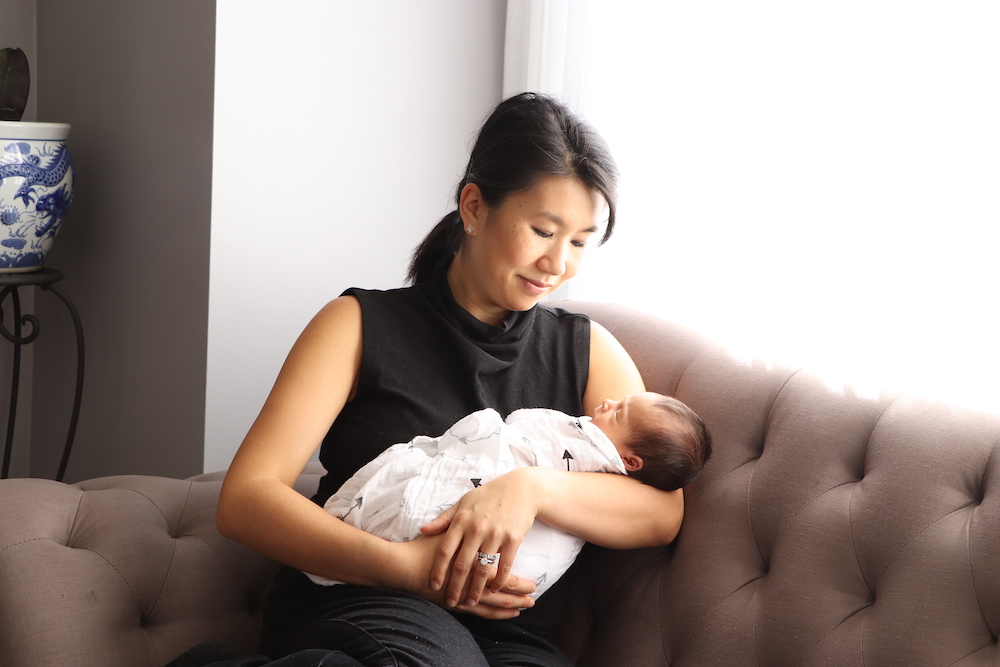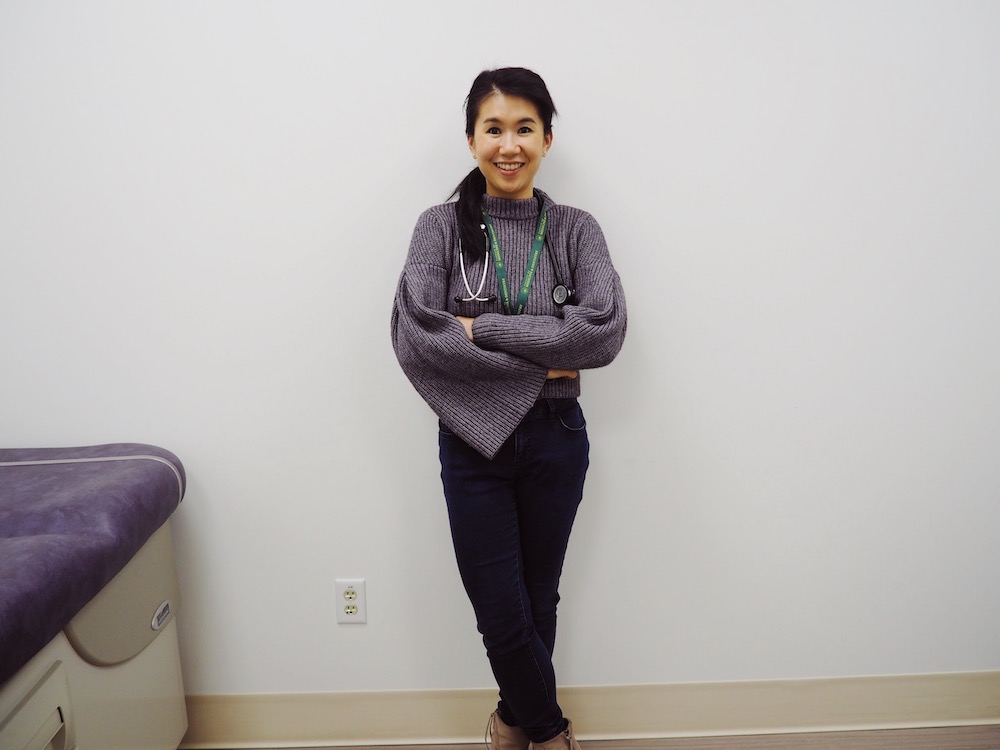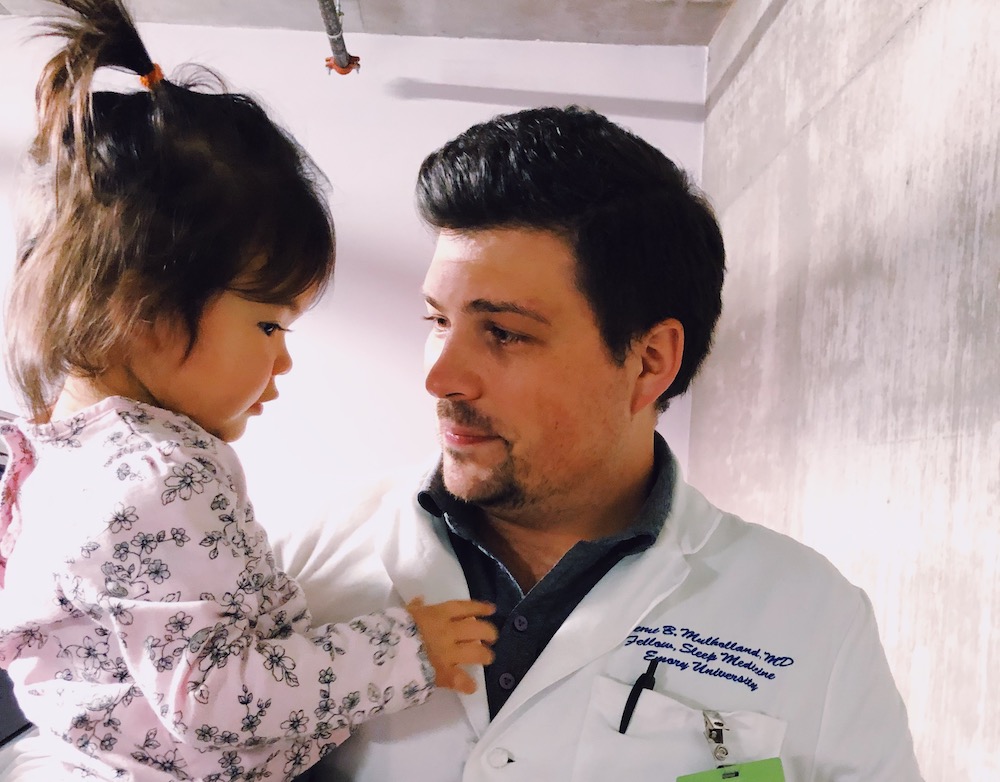
How to Increase Breast Milk Supply During Breastfeeding and Improve Lactation
Many new moms, including myself, worry about establishing and maintaining a good breast milk supply or how to increase breast milk supply. For the first few days after Madi was born, I struggled with breastfeeding so I supplemented with formula until I was able to improve her latch. Within two weeks, my milk supply increased and I breastfed the majority of








